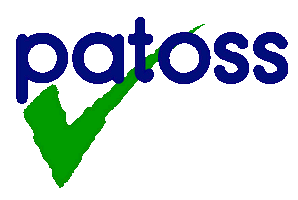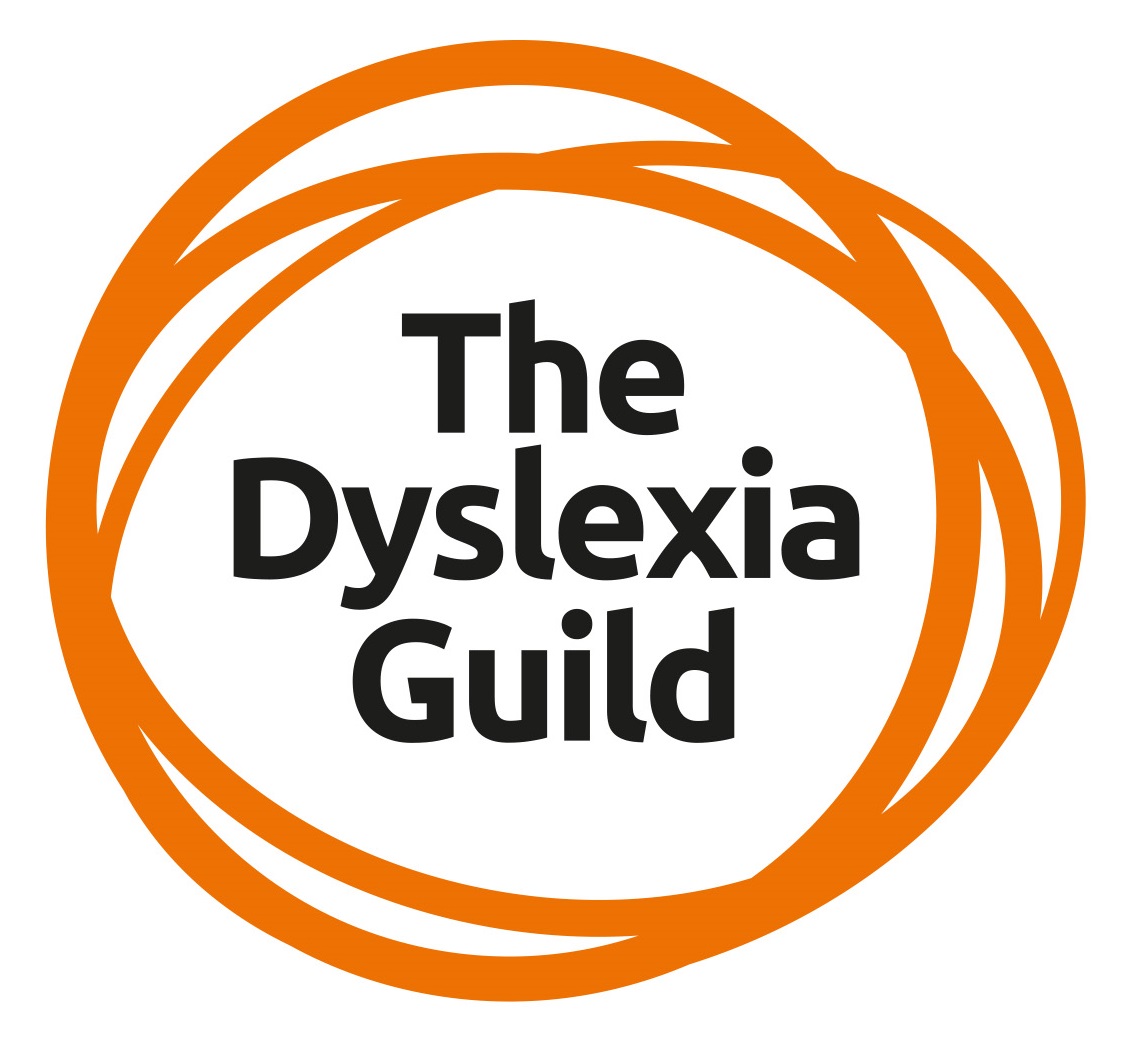

Full or access arrangements assessments, advice and support to schools, colleges, SENCos, individuals, and parents and carers. Our assessments are accepted by schools, colleges, universities and workplaces.
Private individuals from a range of London Schools including: The Harrodian, Wimbledon Park Primary school , Wimbledon High School, Rutlish School, Kingston Grammar School, Streatham and Clapham High School
Independent and state schools including:




Whether you comission our services directly or choose to refer us to parents, we work with you to produce full diagnostic educational assessments that include tailored, practical and realistic recommendations for home and school.

We can take much of the stress out of applying for access arrangements for your students. We come to into your school or college, assess your students using appropriate tests and complete Part 2 of the Form 8. We keep up to date with changes to regulations and can offer help and advice on what access arrangements might be useful, how to apply for access arrangements and tricky profiles.

Full diagnostic educational assessments with a detailed report that includes tailored recommendations for home and school.
Exam access arrangement assessments that comply with the Joint Council for Qualifications (JCQ) regulations and are used for application for exam concessions at GCSEs and A level.
Advice and recommendations.
Diagnostic assessment obtains information on an individual’s educational underlying abilities and achievements. Information is gathered through questionnaires sent to parents, carers and teachers, interviewing the learner and administering a series of standardised tests. The assessment builds up a profile of strengths and weaknesses to obtain a balanced picture of what the individual really needs.
On the day of the assessment the learner is interviewed informally and then a series of psychometric, literacy and numeracy tests are administered. These assess underlying verbal and nonverbal abilities, spelling, reading and writing skills, problem solving and visual skills, processing abilities and maths.
A full diagnostic assessment usually takes about three hours, depending on the age and needs of the student. There is no pressure; we work at the student’s pace and keep the atmosphere friendly.
Following the assessment, we collate all the information and produce a detailed report that outlines strengths, weaknesses and provides recommendations for home and school. We are always happy to discuss our findings and the report with parents, carers and schools.

Access arrangements fall into two categories:
In order for your son or daughter’s school or college to apply to JCQ for examination concessions the following steps must be followed:
1. The school or college must collect evidence from your son’s/daughter’s teachers demonstrating that there is a noticeable need impacting on their learning in the classroom. Once a “body of evidence” has been collected, they can then suggest to you that an assessment for examination concessions would be advisable.
2. A Form 8 (official form required by JCQ to apply for access arrangements) is part completed and sent to either a SASC approved specialist teacher or an educational psychologist. An assessment is carried out using tests approved by JCQ. The results are collated and if your son/daughter has obtained the appropriate scores in the tests then the assessor completes their section of the Form 8 and returns it to the school.
3. If the school agrees with the findings (if they have evidence of need, this should not be a problem) they will complete the last section of the Form 8 and they will then apply to JCQ for the recommended examination concessions. If they do not agree, or have insufficient evidence to support the assessment, they cannot apply.
Word of warning: Please do not get your son/daughter assessed for access arrangements without the school or college’s approval. If in doubt, ask the school or college or you can contact us and we will be happy to clarify the regulations.


There are deadlines for applications, but generally schools should start looking at their students in Year 9.
This is the date JCQ has currently set as being the earliest an assessment can take place to be valid for GCSE and A Level.
Contact us to see how we can help you